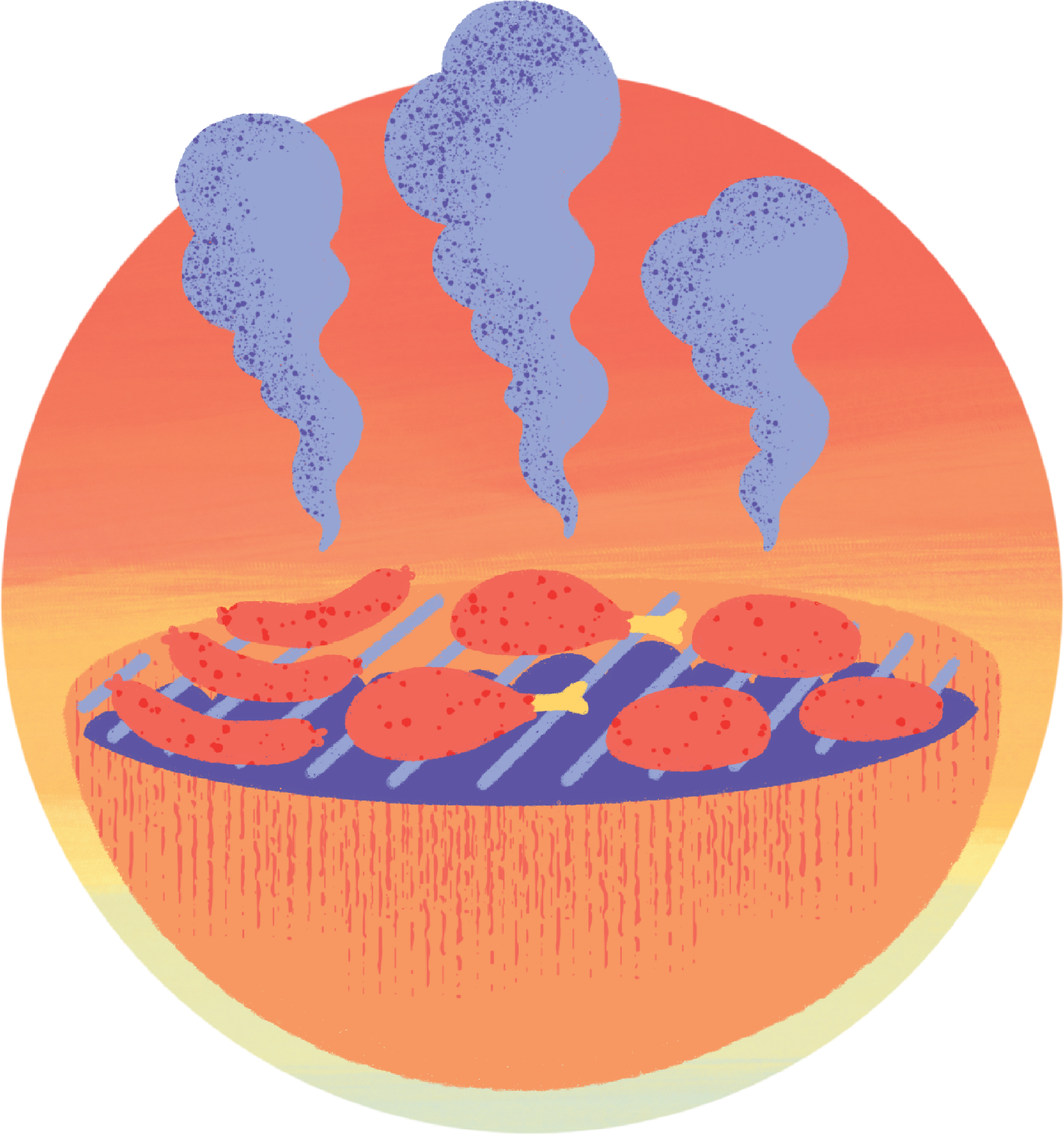
Temperature Life Stories:
FEELING THE HEAT
Experiencing a changing climate through stories, poetry and data
What causes us to experience temperatures differently? The impacts of climate change will be widespread but will not be felt equally. This research seeks to facilitate an exploration of human experience of rising temperatures.
Global temperatures are changing. Despite its ‘temperate’ climate, the UK regularly experiences summer heatwaves capable of causing discomfort, health impacts and even mortality. How exposure to weather and socioeconomic factors affect an individual’s experience of climate change is a huge unknown. What causes temperatures to be too extreme for one person but not another? How do our memories affect our perception of risk? How do we as individuals experience a changing climate through the cultural life of weather?
By adopting a ‘practice-as-research’ model of arts-related research, Temperature Life Stories explore these questions with two underlying aims:

To facilitate personal exploration of human experiences of climate change with the non-human (weather, climate, heatwaves and ecological surroundings), building connection and understanding of each other’s environmental lives.

To inform climate impacts science of the breadth, movement, and idiosyncrasies of human experience of temperature, particularly important in the build-up to the 26th UN Climate Change Conference (COP26) in November 2021.
How people imagine ‘climate futures’ is linked to how they experience them and what they believe to be possible in a radically changed world. Living well with climate change involves imagination.
A schedule of blended virtual and in-person creative workshops were carried out with community groups within Bristol. At the workshops, participants were invited to use poetry to explore and reflect on the subjectivity of temperature. During the project, personalised temperature graphs were created for each participant using climate datasets to track the temperature experienced throughout their life, with all the variability of weather, seasons, movement and climate change. Together, the team and participants then explored and reflected on the crossover, interaction and contradiction between the poetry and graphs.
The workshops culminated in in a mixed media online exhibition coproduced and curated by participants in order to tell their temperature life stories.
The research team also produced a toolkit that includes prompts for creative activities and methods for anyone around the world to explore their temperature life story.




